- Have any questions?
- +86-189 8930 5995
- sales@mosinterchem.com.cn
Ammonium Bicarbonate Food Grade CAS 1066-33-7

Potassium Sorbate CAS 590-00-1
17/12/2018
Citric Acid Monohydrate CAS5949-29-1
17/12/2018| Model: | MOS1066-33-7 |
| Brand Name: | MOSINTER |
| CAS No.: | 1066-33-7 |
| Appearance: | white fluid-like crystals |
| Arsenic(As) %≤: | 0.0002 |
| Fe %≤: | 0.002 |
| Cu %≤: | 0.0001 |
| Heavy metals(as Pb) %≤: | 0.0005 |
| Sulfide(S) %≤: | 0.0002 |
| Hg %≤: | 0.0001 |
Ammonium Bicarbonate Food Grade (CAS: 1066-33-7)
| Item | Index |
| Appearance | White fluid-like crystals |
| Alkali content (NH4HCO3) %≥ | 99.2 |
| Sulfate(SO4) %≤ | 0.007 |
| Chloride(Cl-) %≤ | 0.003 |
| Arsenic(As) %≤ | 0.0002 |
| Heavy metals(as Pb) %≤ | 0.0005 |
| Fe %≤ | 0.002 |
| Ash(evaporation residue) %≤ | 0.008 |
| Sulfide(S) %≤ | 0.0002 |
| Cu %≤ | 0.0001 |
| Hg %≤ | 0.0001 |
Ammonium bicarbonate is an inorganic compound with formula (NH4)HCO3. The compound has many names, reflecting its long history. Chemically speaking, it is the bicarbonate salt of ammonium. It is a colourless solid that degrades readily to carbon dioxide and ammonia.
Ammonium bicarbonate is used in the food industry as a raising agent for flat baked goods, such as cookies and crackers, and inChinain steamed buns and Chinese almond cookies. It was commonly used in the home before modern day baking powder was made available. InChinait is called edible or food-grade “smelly powder”. Many baking cookbooks (especially from Scandinavian countries) may still refer to it as hartshorn or hornsalt (e.g., FI: “hirvensarvisuola”, NO: “hjortetakksalt”, DK: “hjortetakssalt”, SE: “hjorthornssalt”, “salt of hart’s horn”) In many cases it may be substituted with baking soda or baking powder or a combination of both, depending on the recipe composition and leavening requirements. Compared to baking soda orpotash, hartshorn has the advantage of producing more gas for the same amount of agent, and of not leaving any salty or soapy taste in the finished product, as it completely decomposes into water and gaseous products that evaporate during baking. It cannot be used for moist, bulky baked goods however, such as normal bread or cakes, since some ammonia will be trapped inside and will cause an unpleasant taste.
It is commonly used as an inexpensive nitrogen fertilizer inChina, but is now being phased out in favor of urea for quality and stability. This compound is used as a component in the production of fire-extinguishing compounds, pharmaceuticals, dyes, pigments, and it is also a basic fertilizer being a source of ammonia. Ammonium bicarbonate is still widely used in the plastic and rubber industry, in the manufacture of ceramics, in chrome leathertanning, and for the synthesis of catalysts.
It is also used for buffering solutions to slightly alkaline pH during chemical purification, such as High Performance Liquid Chromatography. Because it entirely decomposes to volatile compounds this allows rapid recovery of the compound of interest by freeze-drying.
Ammonium bicarbonate is also a key component of the expectorant cough syrup “Senega and Ammonia”.
You must be logged in to post a review.
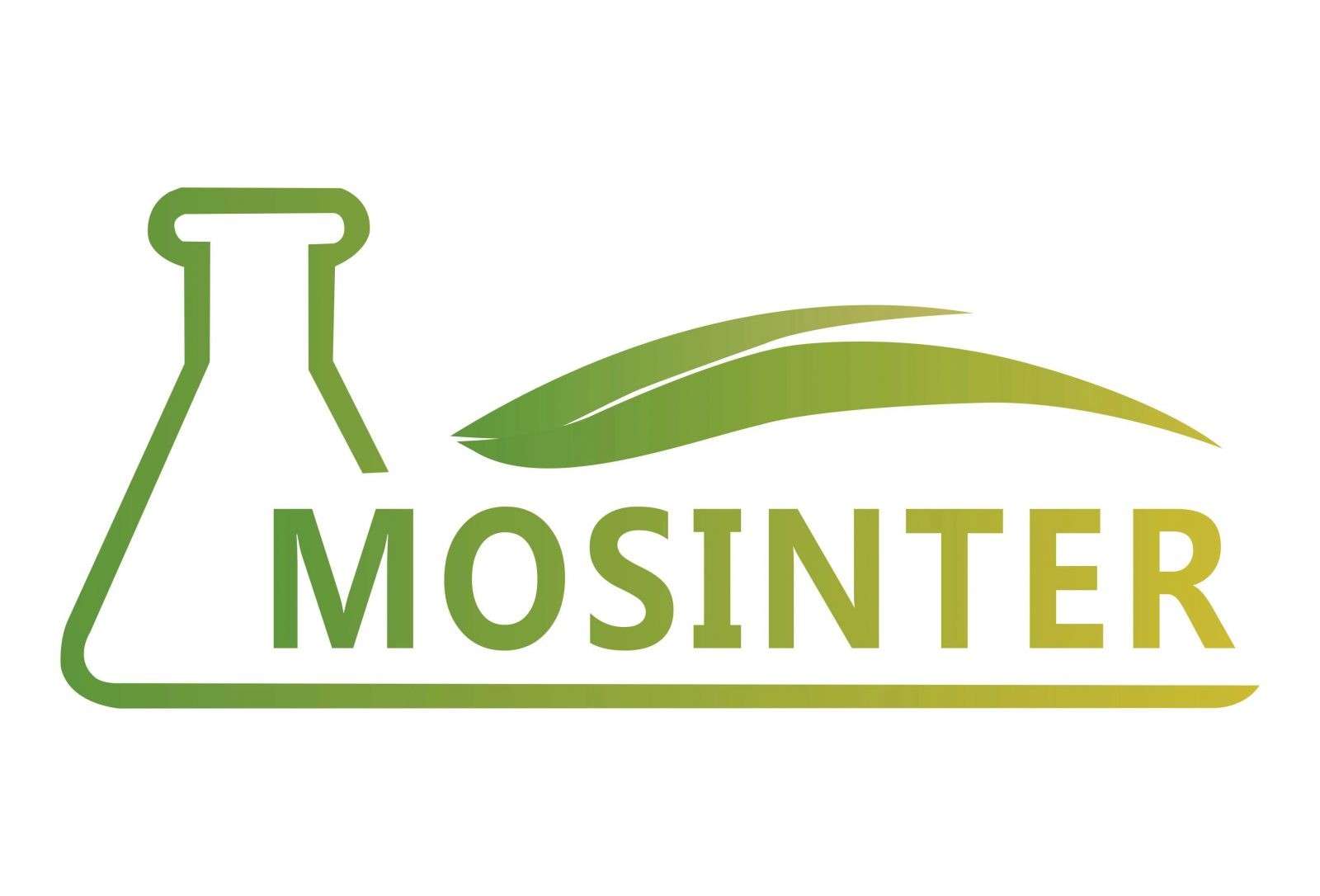
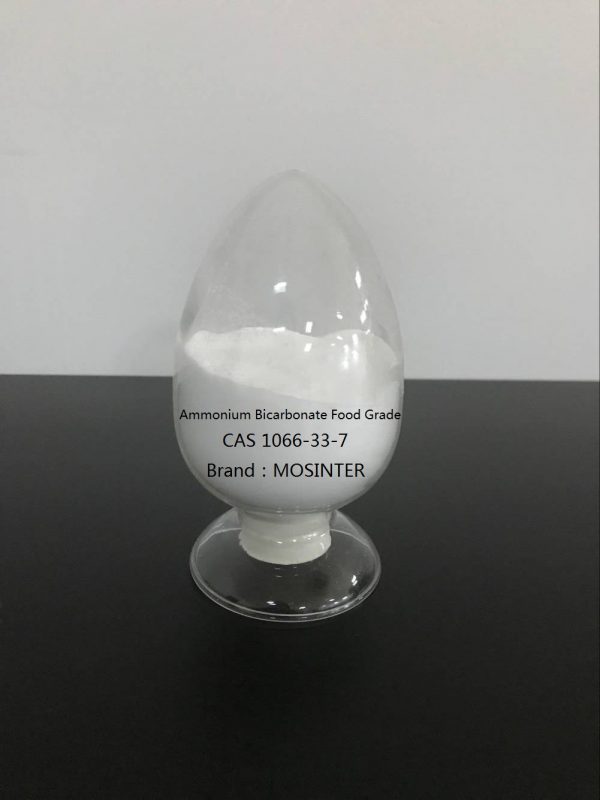
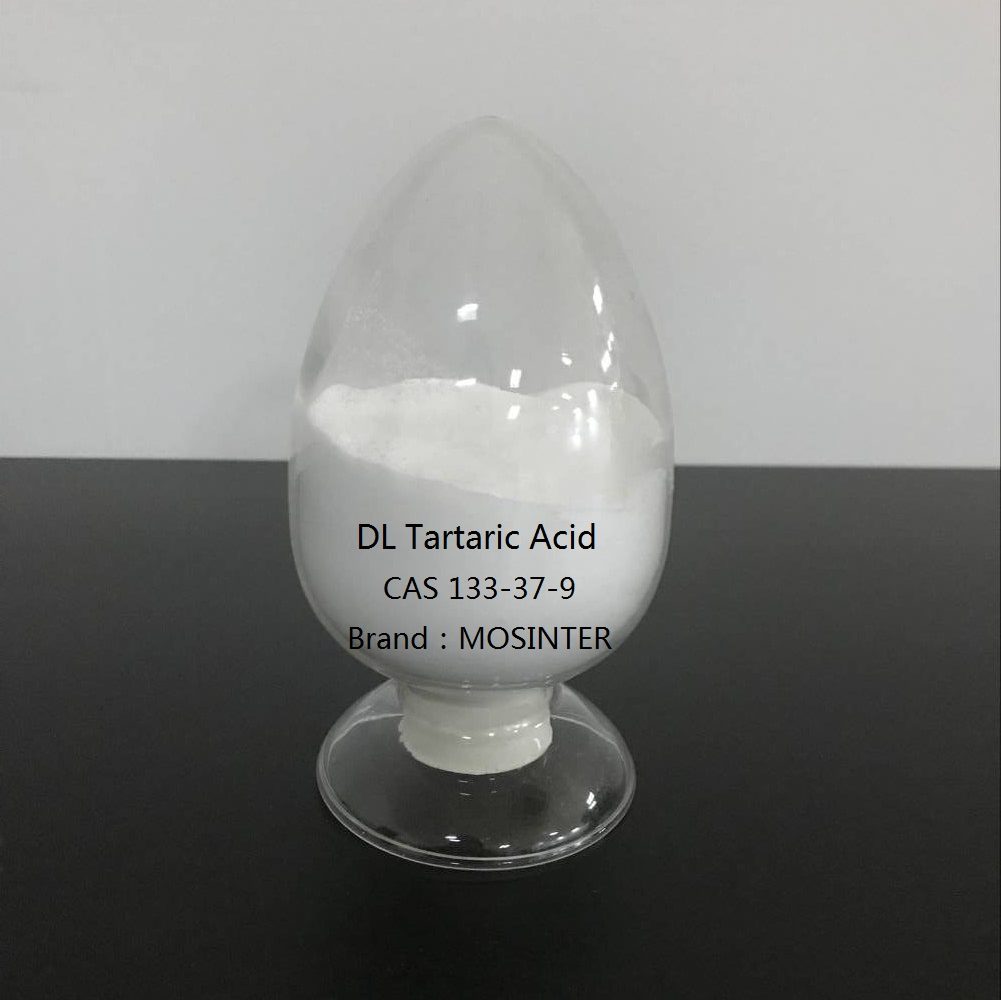
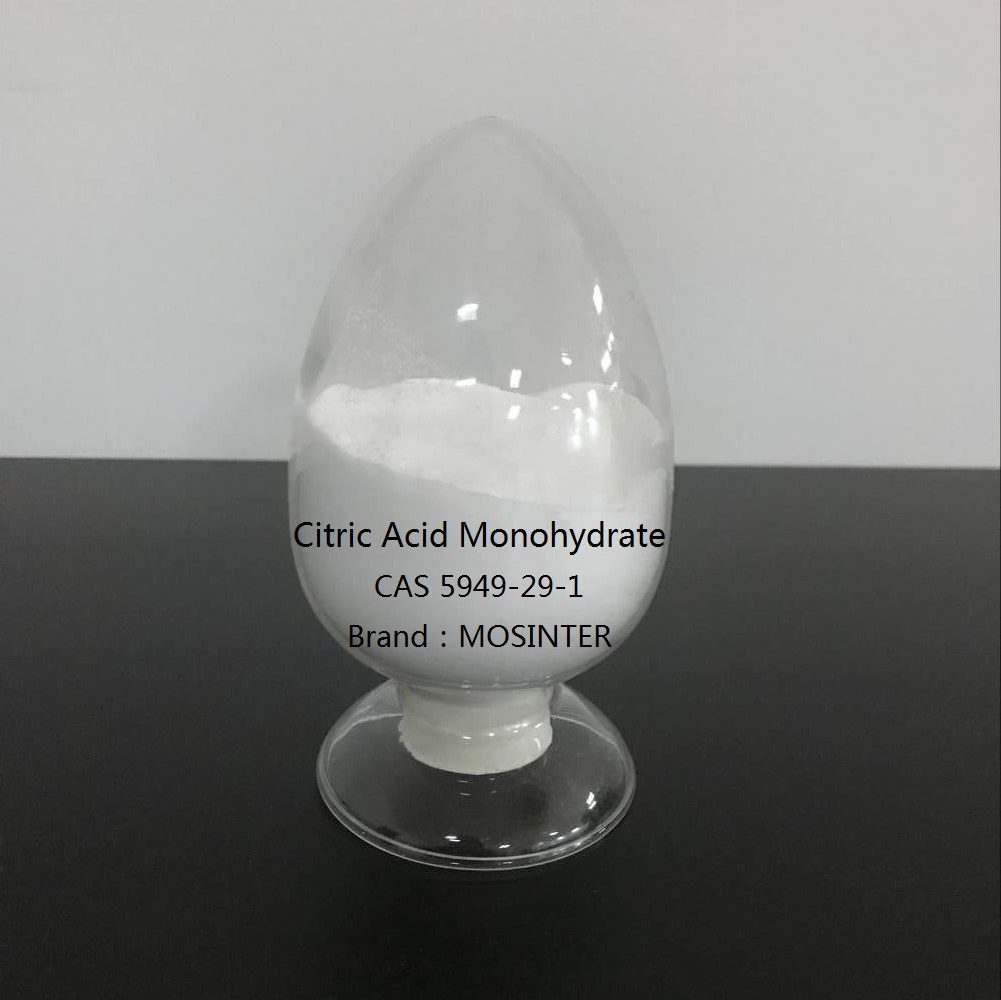
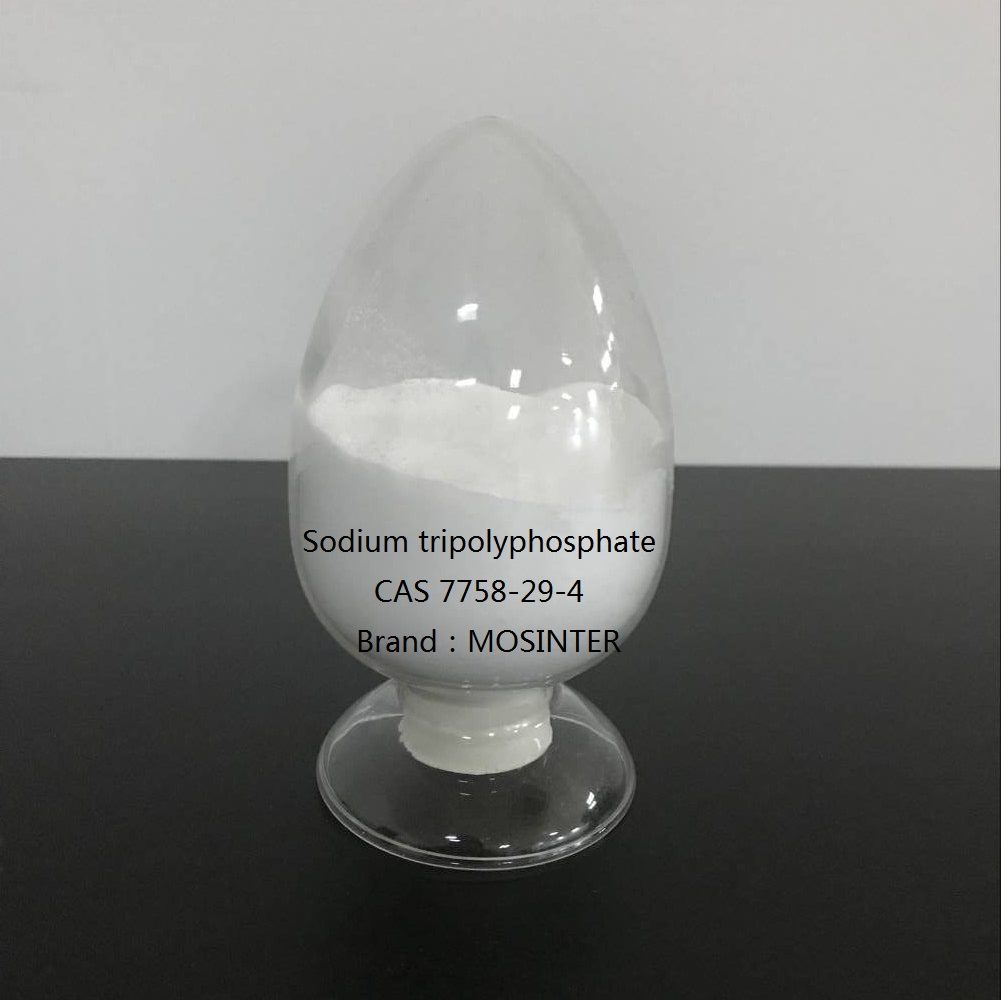
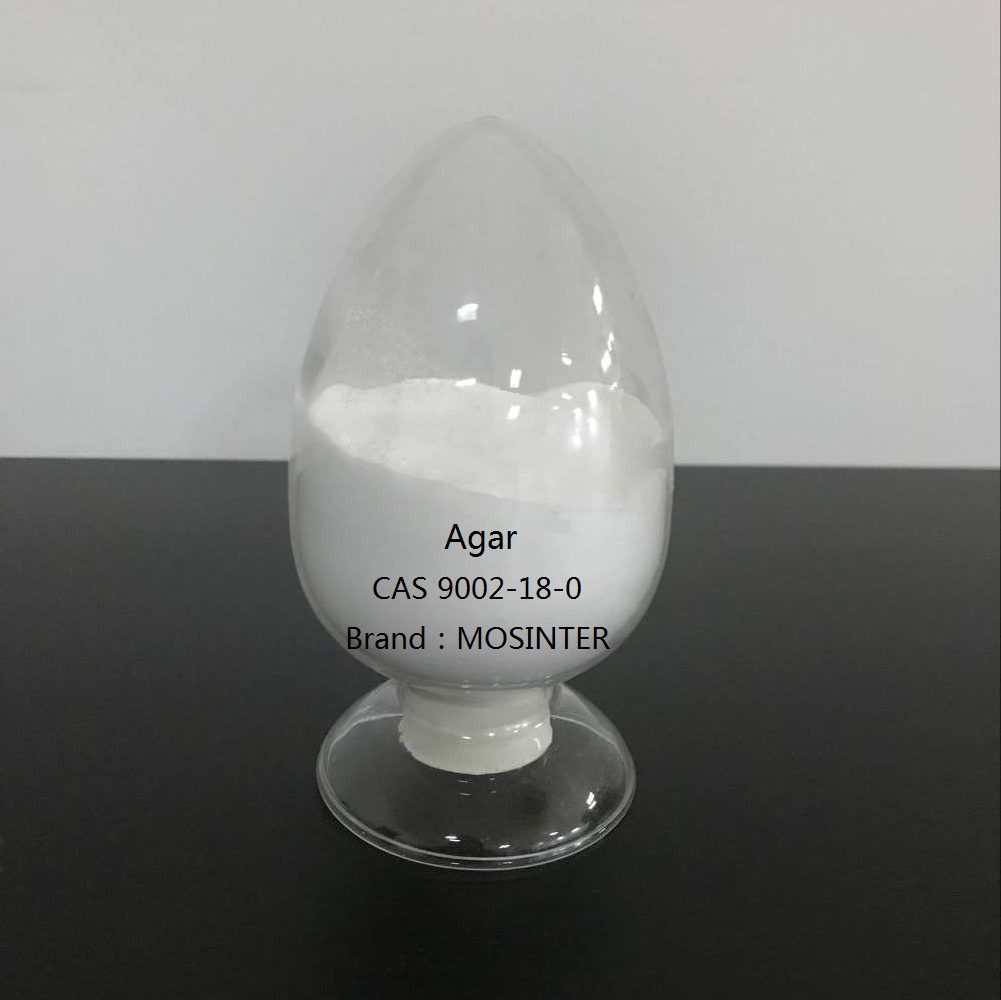
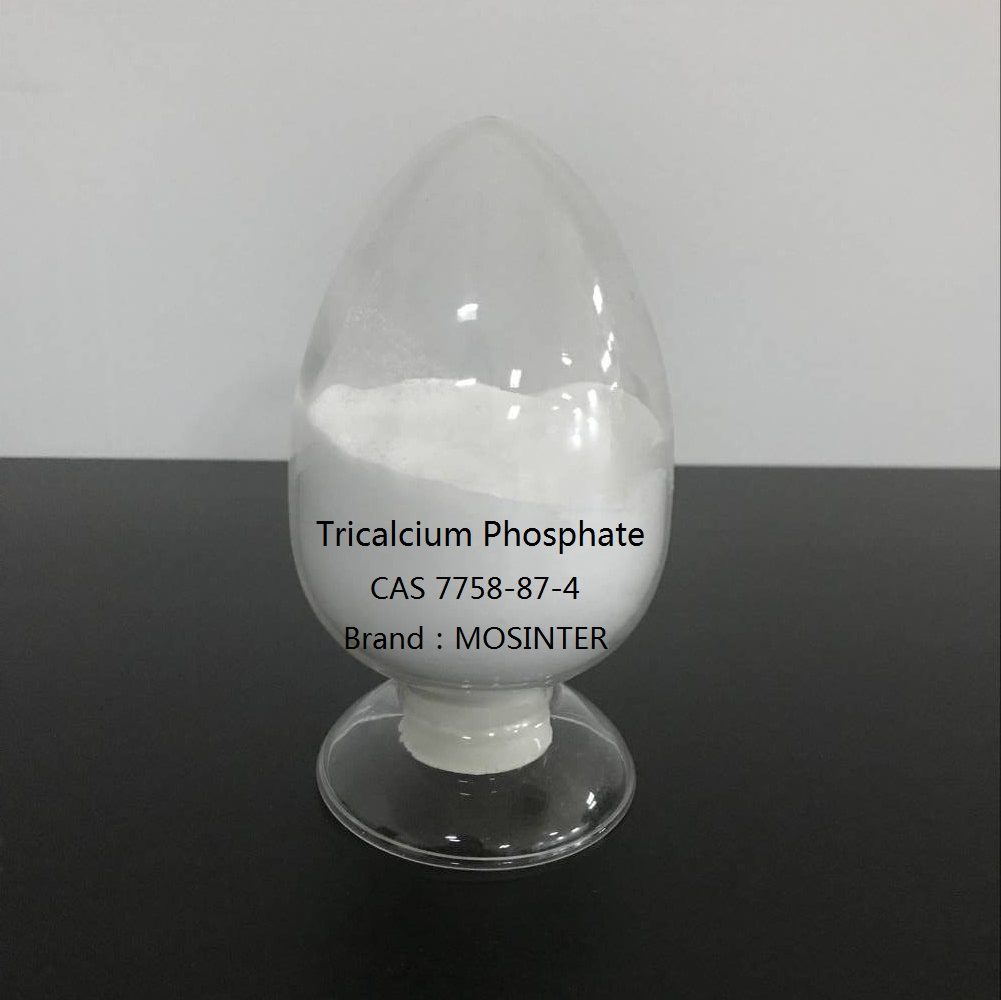
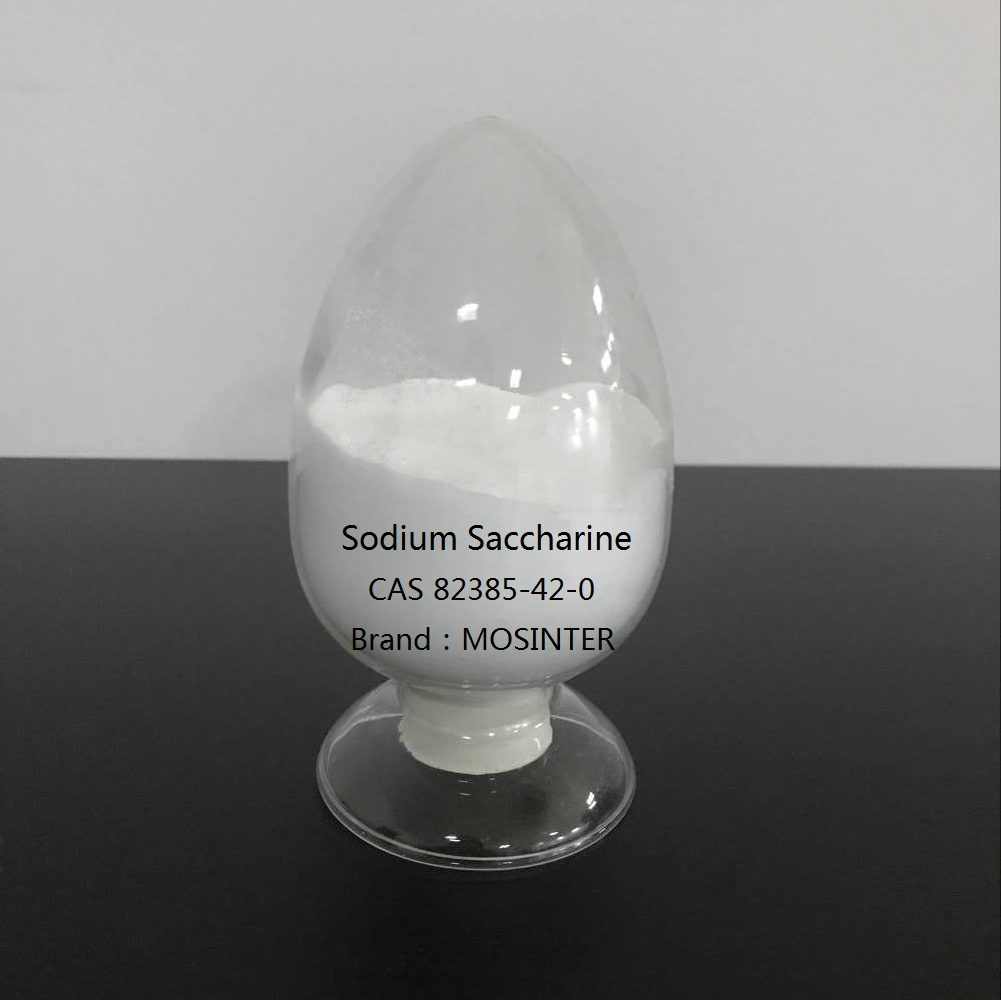
Reviews
There are no reviews yet.